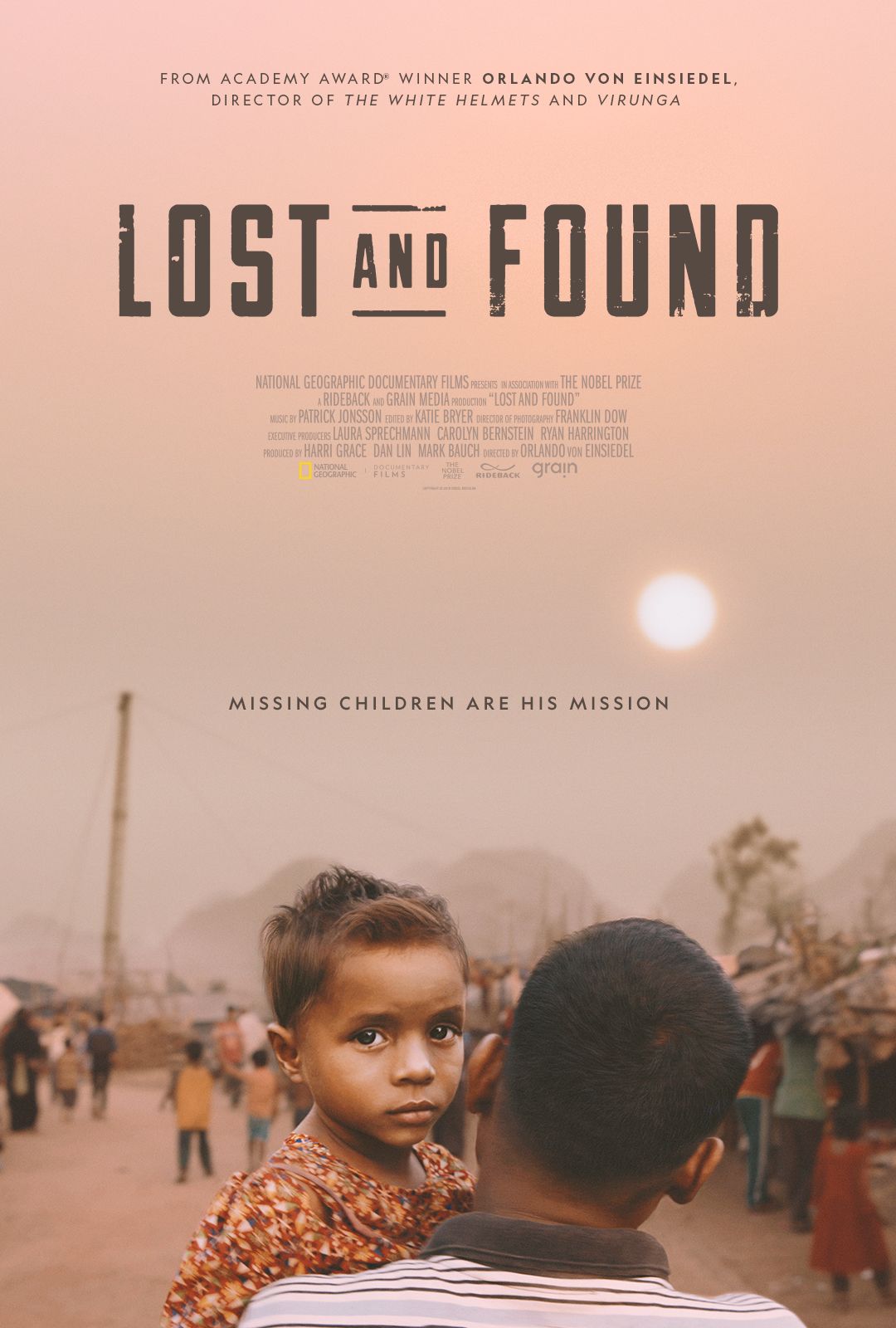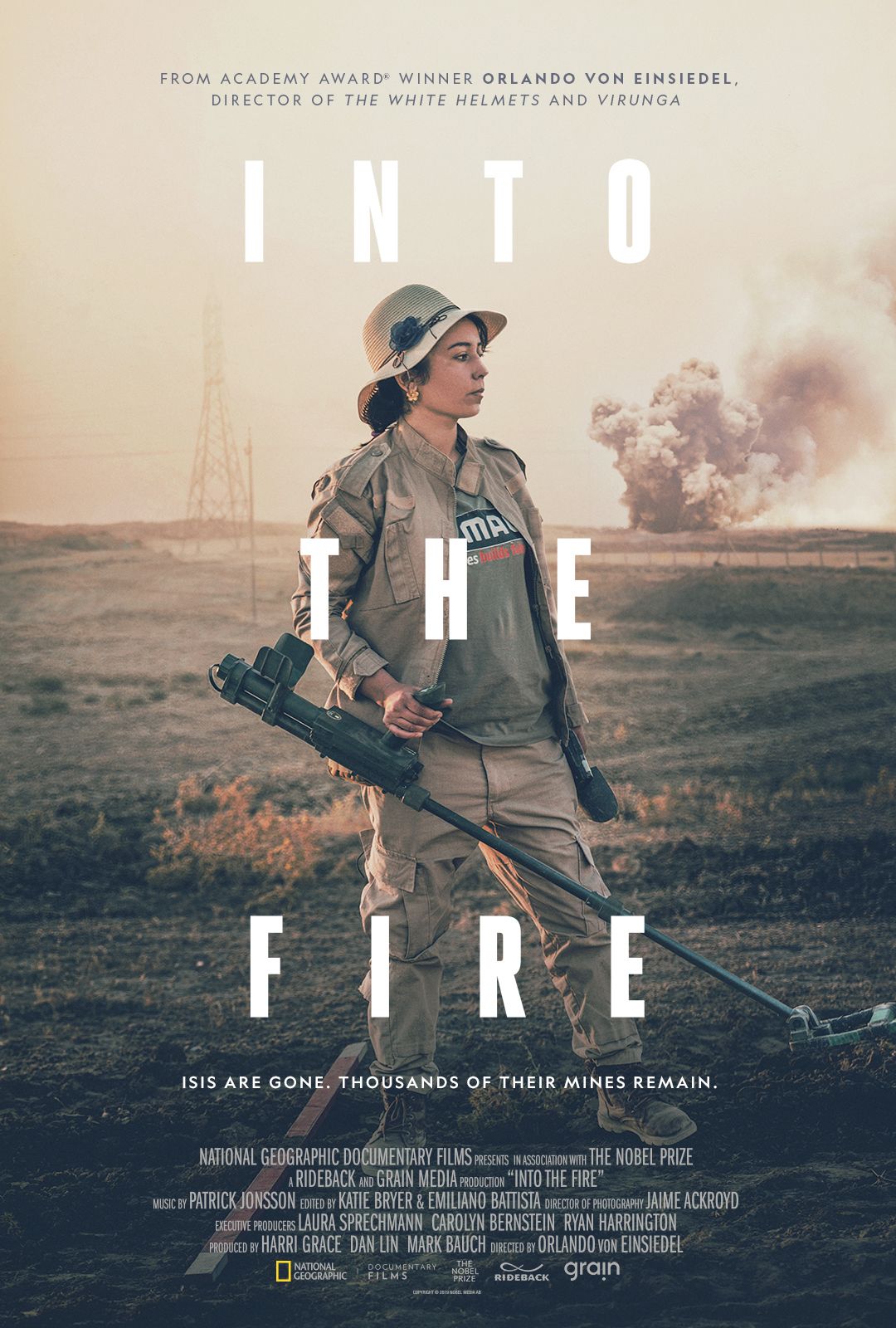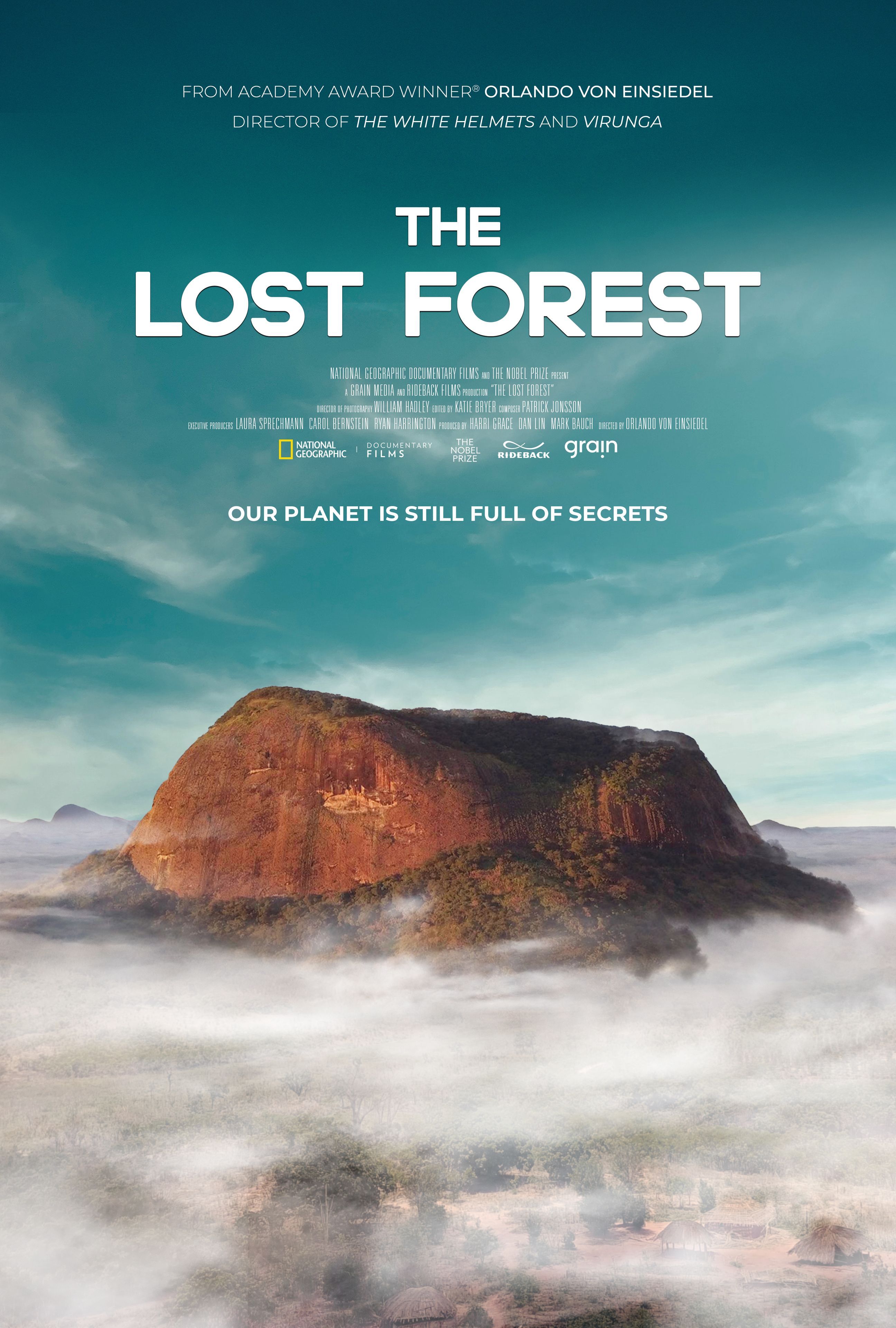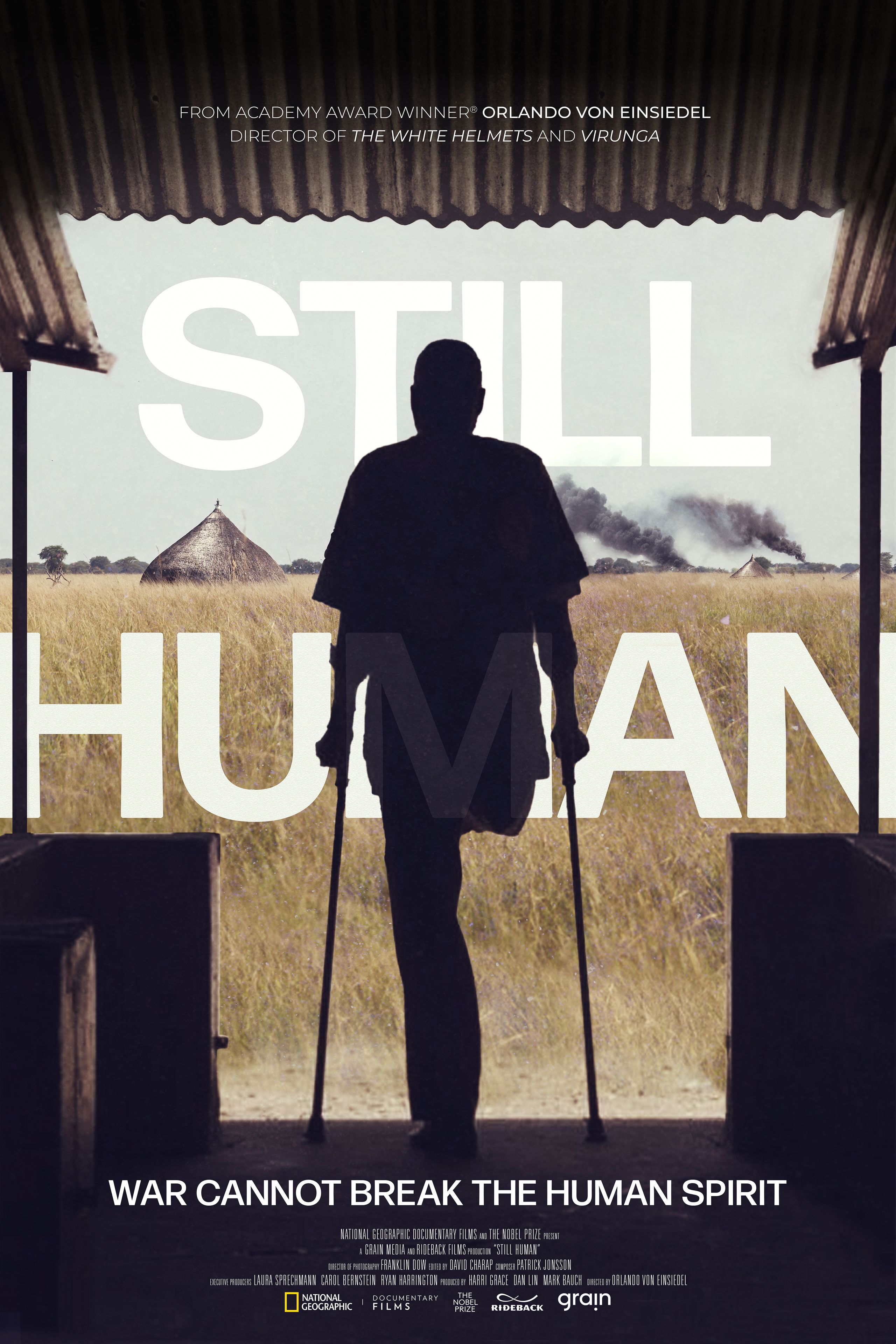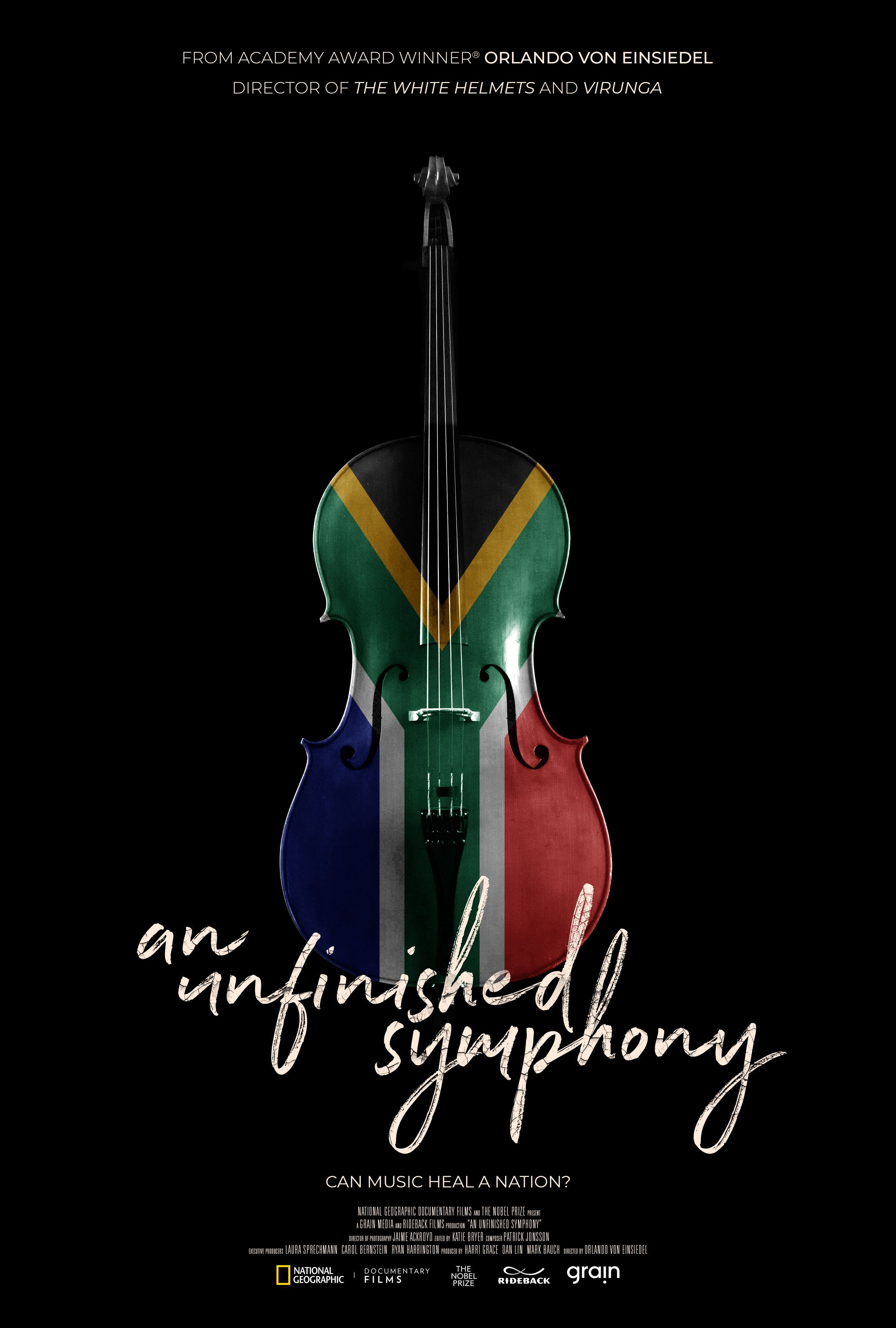Documentary films spotlight Nobel Peace Prize Laureates
The Nobel Prize, National Geographic Documentary Films and Academy Award-winning filmmaker Orlando von Einsiedel have collaborated on a 5-part short documentary series, celebrating the ongoing impact and influence of Nobel Peace Prize laureates around the world.
The films follow an array of inspiring characters and organisations: A Rohingya refugee who has taken it upon himself to reunite family members torn apart by conflict in the world’s largest refugee camp. A team of female Yazidi deminers in Iraq attempting to clear their land of mines left behind by ISIS. A man building prosthetic legs to help victims of war walk again in South Sudan. A team of scientists on an extraordinary mission in Mozambique to help better our understanding of climate change. A life-changing orchestra in South Africa using music to bring the country together. All are inspired by Nobel Peace Prize laureates.
Lost and Found
In the chaos of the world’s largest refugee camp, Kamal Hussein is a beacon of hope. From his small ramshackle hut, and armed only with a microphone, he has taken it upon himself to try and reunite the thousands of Rohingya families who have been torn apart by violence and ethnic cleansing in Myanmar. However, in finding lost family members and bringing them back together, he is not just helping them. He is also finding peace for himself.
Kamal’s work is funded by the United Nations High Commissioner for Refugees, recipient of the Nobel Peace Prize in 1954 and 1981.
"If they lose a child, it is like a double persecution."
Into the Fire
In an area of Iraq destroyed by ISIS, Hana Khider leads an all-female team of Yazidi deminers in their attempts to clear the land of mines. Their job involves painstakingly searching for booby traps in bombed out buildings and fields, where one wrong move means certain death.
Hana works for the Mines Advisory Group, an organisation who are part of the International Campaign to Ban Landmines, a coalition awarded the Nobel Peace Prize in 1997.
"One wrong step will cost me my life."
The Lost Forest
An international team of scientists and explorers go on an extraordinary mission in Mozambique to reach a forest that no human has set foot in. The team, including some of the world’s foremost climate change experts, aims to collect data from the forest to help in our understanding of how climate change is affecting our planet. But the forest sits atop a mountain, and to reach it, the team must first climb a sheer 100m wall of rock.
The scientist’s work is based on research conducted by the Intergovernmental Panel on Climate Change, recipients of the Nobel Peace Prize in 2007.
"The local people know of nobody in the surroundings communities who have ever been up to the forest."
Still Human
In war-torn South Sudan, Makur Diet knows all too well the horror of conflict. Over ten years ago, he lost his leg to a bullet. Despairing for his future, Makur was close to giving up, until one day he was given a prosthetic leg, and with it a new lease of life. Makur now devotes his life to helping others who have been injured in the war to walk again.
Makur works at an International Committee of the Red Cross centre in South Sudan. The ICRC have received the Nobel Peace Prize in 1917, 1944 and 1963.
"Losing a leg made me view myself as the least valuable person in the world."
An Unfinished Symphony
The Miagi Orchestra is a South African orchestra dedicated to helping the nation overcome decades of violence, conflict and division through the power of music. The film follows two of its musicians: Tsepo Pooe, who grew up in Soweto Township; and Lize Schaap, who grew up in wealthy Pretoria. Through their eyes, and differing experiences of growing up in South Africa, we understand the enormous impact apartheid continues to have, but also see hope for a brighter future for the country.
The Miagi Orchestra’s mission is inspired by the work and legacy of Nelson Mandela, recipient of the Nobel Peace Prize in 1993.
"I honestly believe that music can bring people together. Music is a universal language."
The videos are available all over the world, apart from in Australia, New Zealand and India.
________________________________________________________________________
All media inquiries about this collaboration/films, or to the Nobel Foundation, Nobel Media and Nobel Prize Museum, please contact:
- Rebecka Oxelström, Head of Press
+46 734 12 66 75
rebecka.oxelstrom@nobelprize.org
Share:
